Cold Water Confidence
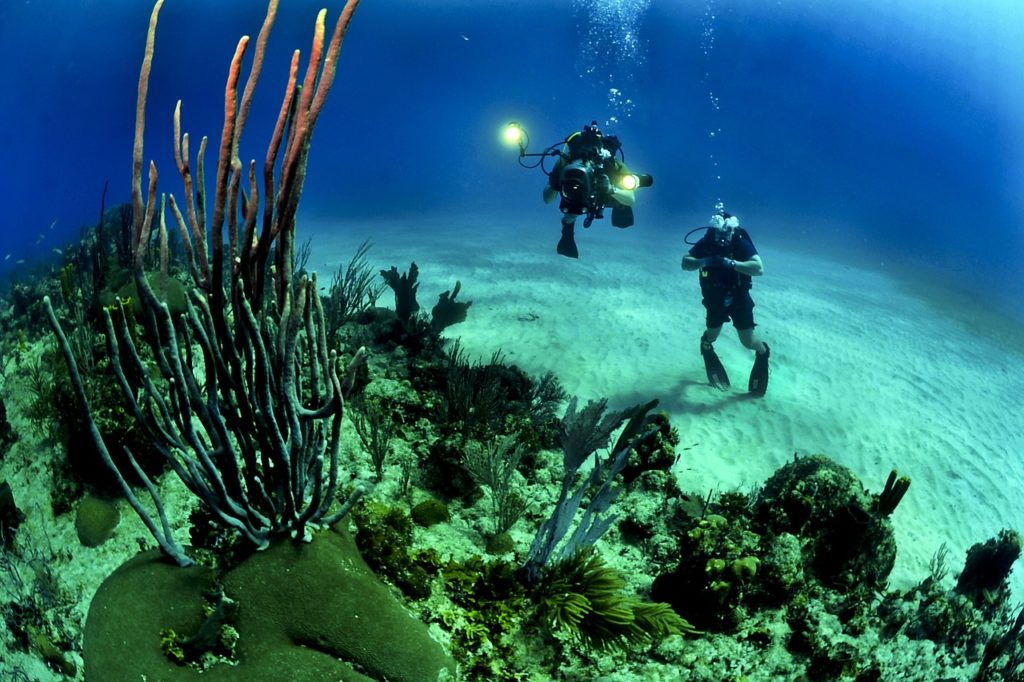
As a kid growing up near the ocean, the movie that I resonated with the most was The Little Mermaid. I wanted to be Ariel, but, in reverse. Unlike Ariel striving to transition from a life underwater to on land, I wanted to live underwater, where the fish are, to see them swimming. So it’s only natural that later in life, I finally took the plunge (pun intended) to make this a reality by getting my PADI Open Water scuba certification.
When you think about scuba diving, what is the first image to come to your mind? Floating effortlessly through warm, tropical, turquoise blue waters surrounded by schools of colourful fish and mind-blowing clusters of vibrant coral reef systems? Perhaps you see yourself interacting with playful dolphins or a whale shark? While this was ultimately the goal, and I would say is the goal for many seeking out diving, would you believe me if I told you that since receiving this certification over five years ago, despite travelling to numerous tropical countries, my diving repertoire only includes cold, Canadian waters? Let me tell you why.
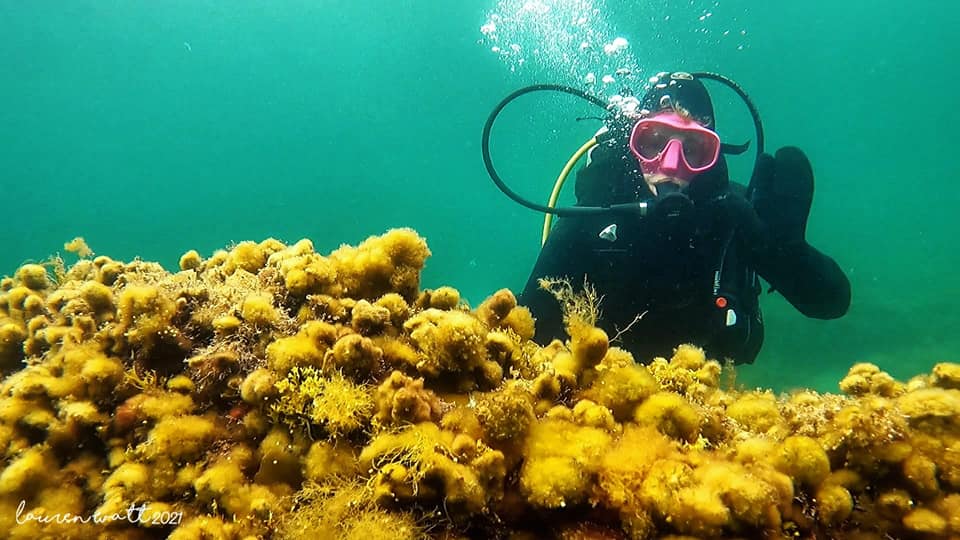
Flashback to Fall of 2015. I decided diving was my next challenge to pursue in life while living in Vancouver, BC, Canada. I’ve always been drawn to the ocean and I needed to experience the underwater world beyond the limitations of my breath-holding abilities. I am fortunate enough to be surrounded by an incredible family that helped to fund my diving course as my Christmas gift, along with a drysuit specialty. You may be wondering, “what’s a drysuit?” Well, my course was taking place during the winter months, and a drysuit is (in my opinion) essential for diving in Canada, specifically during the colder months. Drysuits provide a different type of insulation than a wetsuit does and are typically known to keep you dry underneath your suit, while wearing warm layers underneath to keep you nice and toasty. Completing my Open Water certification was one of the most difficult things I’ve done mentally, which as a result, yielded significant pride when I finally received my certification card. Finally, I could be part of the underwater world! Bright fish and corals, here I come! Except… things didn’t quite go the way I had hoped.
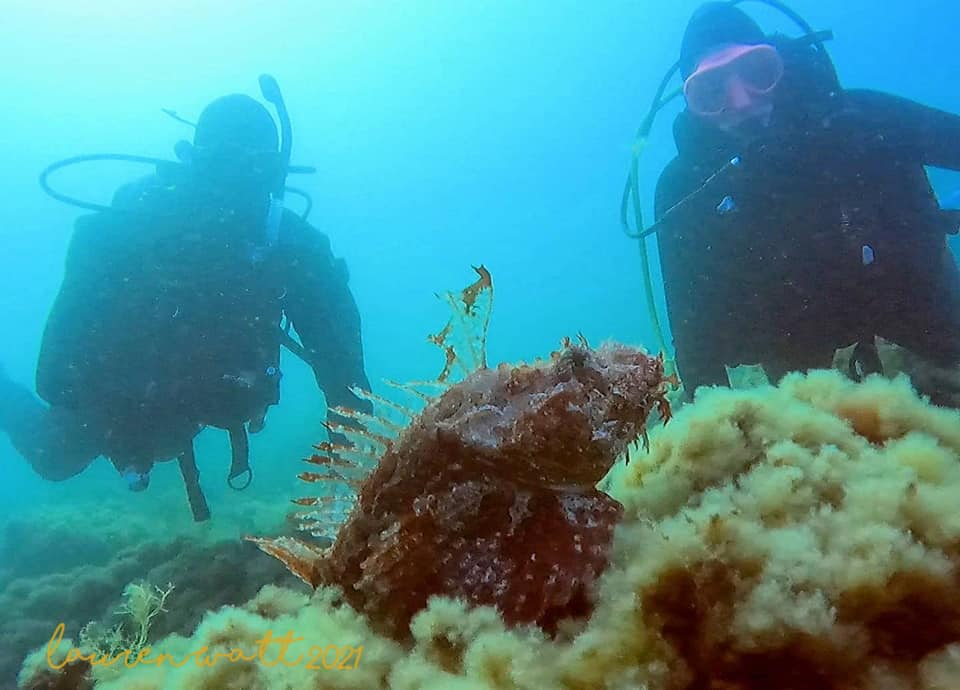
Remember when I said that five years later, I still have yet to complete a warm, tropical water dive, which was my entire vision for my underwater experiences? I’ve visited warm water places where I could have dived, but something always got in my way. Over time, I learned that the “something” was me. I realized that because I lacked confidence as a diver, despite my burning desire to explore these beautiful underwater ecosystems, I ended up letting other, minor roadblocks get in my way. This led me to ultimately give up on diving completely — until recently.
A few months ago, without much more than 30 seconds of consideration, I went against all of my insecurities and booked my very first liveaboard diving charter in the Bahamas. Paid in full, no refunds. Now, I’ve been diving pretty regularly over the last year and a bit back at home in Canada, but an entire week while living on what is endearingly referred to as a “hostel on a boat” is a bit outside of my comfort zone. But hey, that’s where the good stuff is, right?
Nonetheless, this sparked a mild panic, but also a strong desire to be a more confident, competent diver. Since booking this trip, my goal has been to refine my skills and rack up more dives by getting out as much as possible. To grow as a diver, I knew I needed to push my limits by testing out new areas, going with new dive buddies, and taking on various certifications, like my Advanced Open Water and Peak Performance Buoyancy. In doing these things, not only have I been chipping away at my goal, but I also learned something completely unexpected. Canadian cold water diving is awesome.
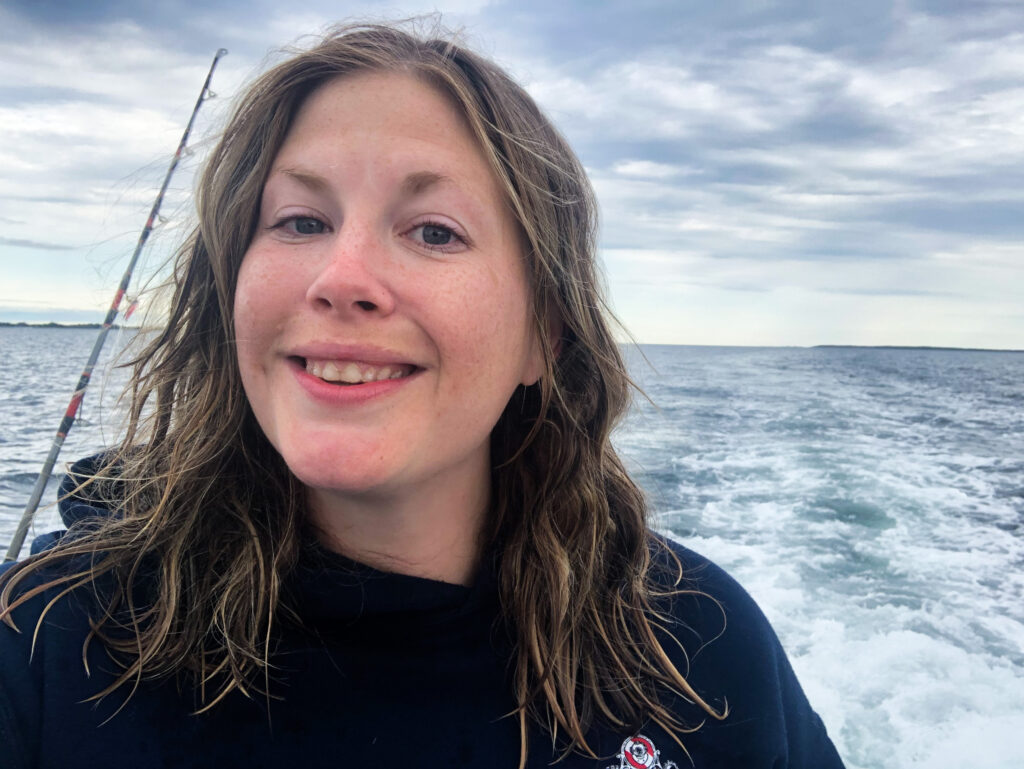
With my laser focus on improving so nothing holds me back in the warm, tropical waters that await me, I noticed that diving in Canada, specifically Nova Scotia, is practically a best-kept secret! While many may think of cold water diving as cold (well, that part is true), dull and dark, it is incredibly diverse with colourful corals, algae and fish. With endless dive sites just an hour outside of my home city, Halifax, I am fortunate enough to see something new every time. The usual culprits are always there (lobsters galore!) but there is always one thing that surprises me. Most recently, I was lucky enough to dive with a seahorse hidden amongst some seagrass! These are not common here, however, tropical species frequently find their way here through tropical storm systems. Aside from the native and lost species, there are so many sunken boats to explore, if that’s your jam (I’m working my way to those types of dives!).
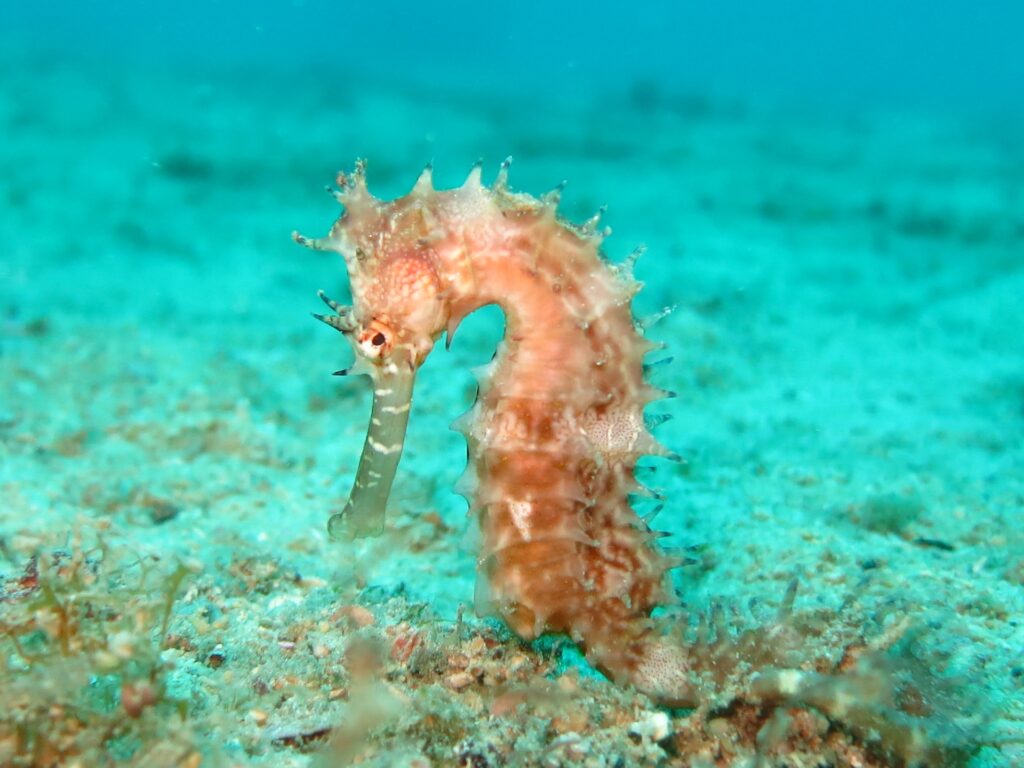
While it could be considered disappointing to not have experienced the vibrant, tropical ecosystems as a diver in my last five years, instead, I choose to be grateful for my experiences right here, in my Canadian backyard. Not only has it made me a way more competent diver, but it has also truly opened my eyes to the beauty that I’m surrounded by, no matter where I am in the world. Does that mean I am not excited for my upcoming Bahamas trip? Definitely not — I cannot WAIT to fill you in on that adventure. Stay tuned!
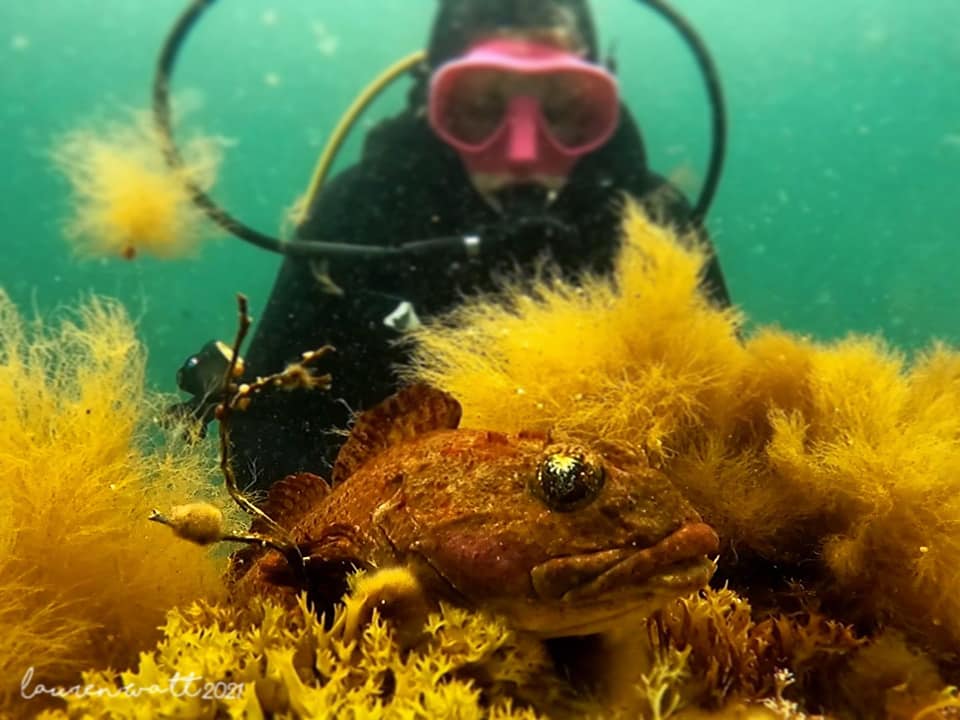
Where to Stay in Nova Scotia, Canada?
Use the interactive map below to search, compare and book hotels & rentals at the best prices that are sourced from a variety of platforms including Booking.com, Hotels.com, Expedia, Vrbo, and more. You can move the map to search for accommodations in other areas and also use the filter to find restaurants, purchase tickets for tours and attractions, and locate interesting points of interest!
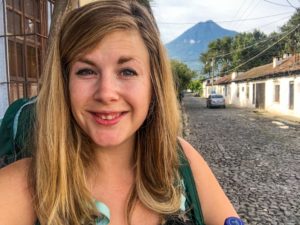
Natasha Tucker is native to Halifax, Nova Scotia and has spent the better part of the last decade moving around Canada. When she’s not packing up for her next move across the country, she is planning her next backpacking trip. Natasha is passionate about travel that is budget-friendly, eco-conscious and includes highlighting local wildlife and cuisine. Follow her day-to-day adventures on Instagram at @natasha_tucker.